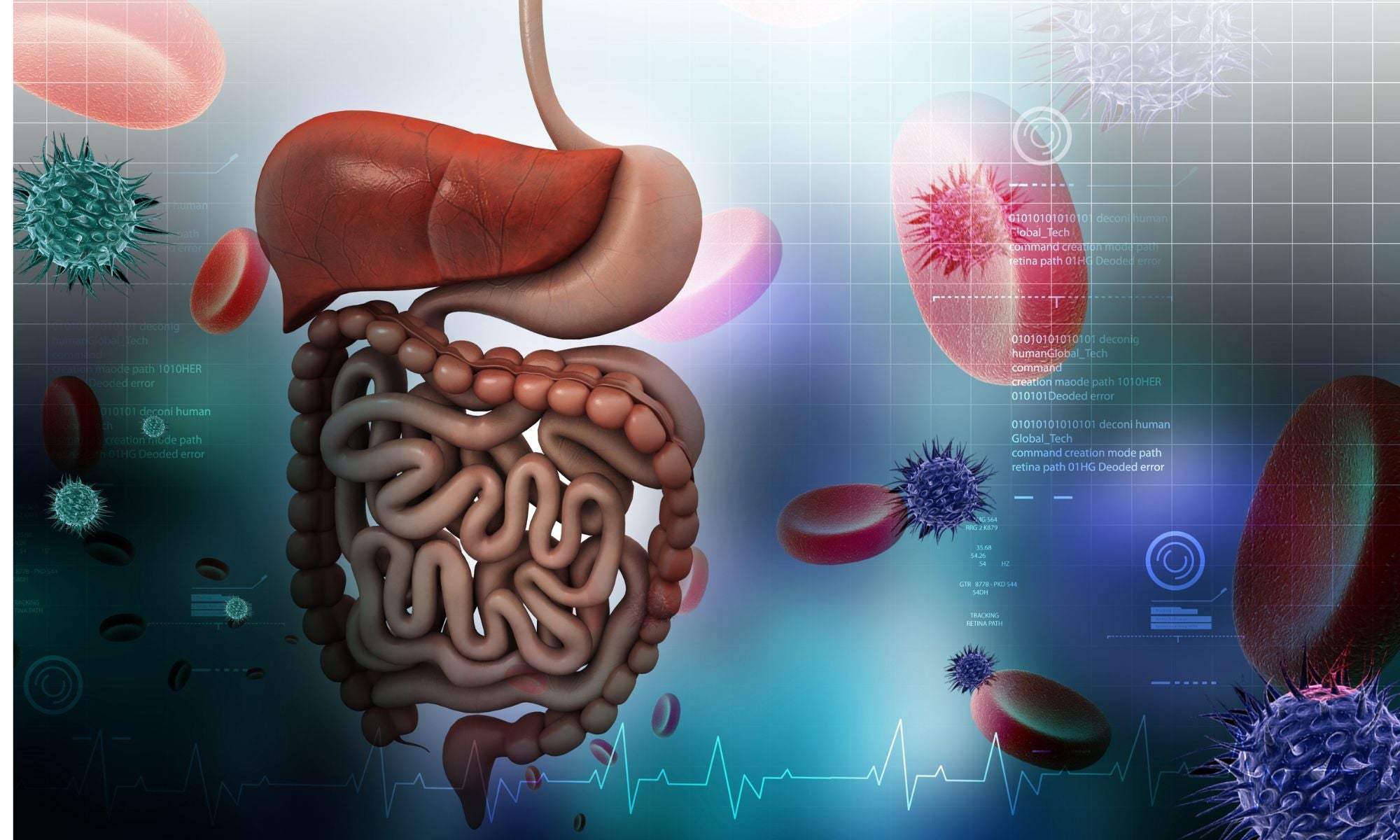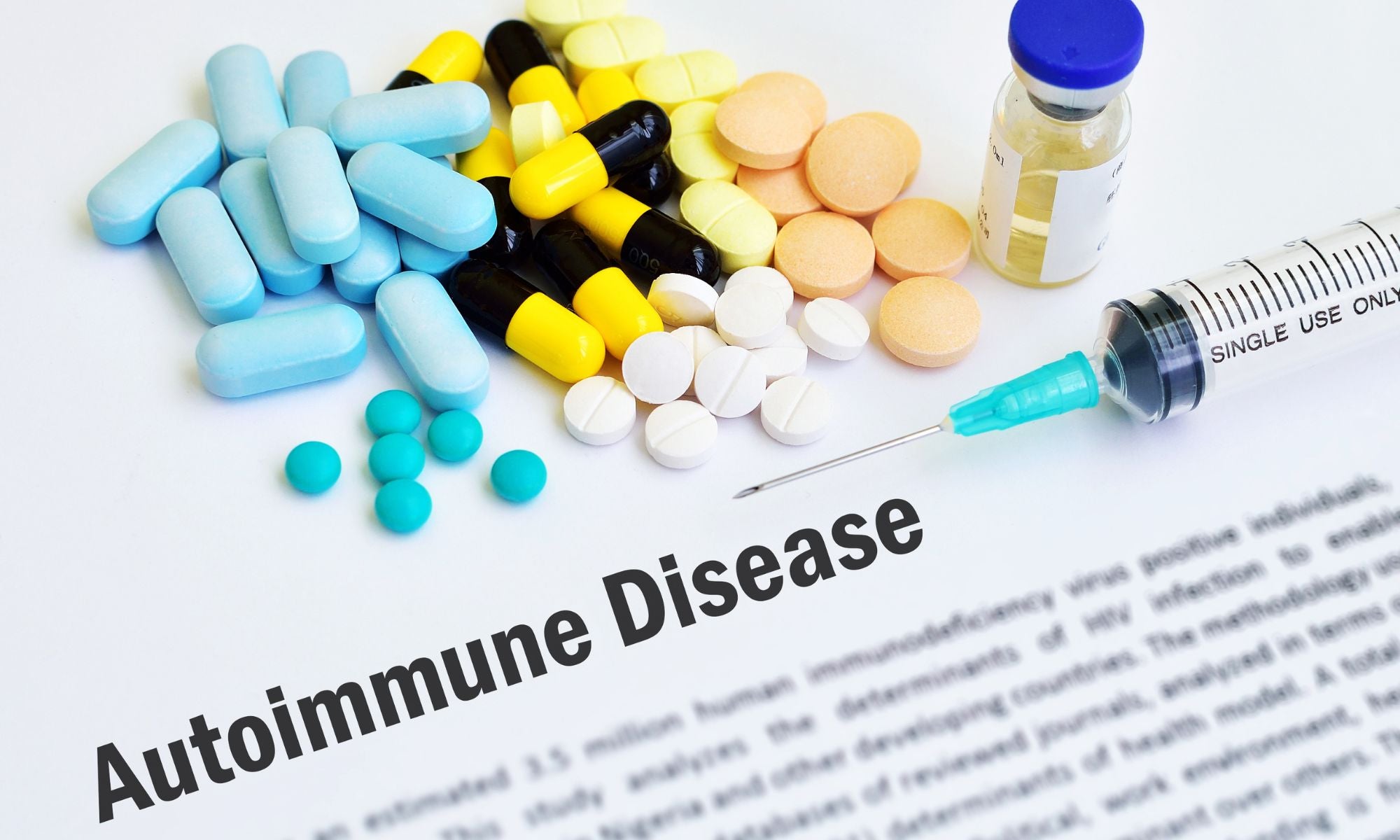
GENETICS IN THE GUT: KEY TO INHERITED DISEASES
Our heritage defines our inherent makeup—including everything from our hair color to our foot size, all the way to the diseases our bodies are prone to develop.
In light of his truth, physicians are more likely to recommend precautionary methods or medication in order to inhibit the possibility of developing disorders like high blood pressure.
However, a recent study released shares new information on the gene’s role when it comes to determining our vulnerability to diseases, together with the probability of altering how we deal with genetic diseases.
The said report was printed out in the Cell & Host’s special issue: “Genetics and Epigenetics of Host-Microbe Interactions.” It denotes that the genes themselves are not the only thing that defines what illnesses we contract. How genes control gut bacteria are also linked to specific illnesses.
Ruth Ley, Ph.D., senior author of the study, said in a press release that they are determined to discover more about the human genes associated with regulating the gut microbiome because some really are. These microbes are developed environmentally. Nevertheless, the genome has a huge role as well as it determines the microorganisms that are more dominant than the others.

Twins Study
Ruth Ley is also the Department of Microbiome Science’s director in Tubingen, Germany. Together with her team of experts, they examine the gut microbiomes of over 1,000 twins that are participants in the Twins UK Study.
The said study examined the genomes of both identical and fraternal twins to hunt a multitude of illnesses and disorders.
The gut microbiome is defined as the sum of microorganisms in the human body. It is comprised of viruses, bacteria, and many other tiny organisms. These microbes assist our bodies in maintaining optimal health as we digest and absorb nutrients. Aside from that, they assist in fighting off diseases as well.
Bifidobacterium, for instance, is related to digesting lactose (or milk sugar) in the colon. However, the specific amount of Bifidobacterium in the gut reverses with the body’s ability when it comes to digesting dairy. Meaning, great levels of Bifidobacterium implies that a person cannot digest lactose easily. This is a condition that is also called “lactose intolerance.” Low levels of Bifidobacterium, on the other hand, implies that a person is able to digest dairy with ease.
Still, the research prototypes show that the LCT gene (the one who generates the enzyme lactase that breaks down the lactose in the small intestines) could eventually control Bifidobacterium levels within the digestive tract.

Soothing the Immune System
Aside from the essential probiotic properties of Bifidobacterium, it also possess anti-inflammatory properties. This implies that it is able to assist in treating autoimmune diseases, like diabetes, colitis, and multiple sclerosis (MS).
Bifidobacterium is believed to be a microorganism that is able to soothe and relax the immune system.
The findings in the said study may eventually result in new treatments for autoimmune disorders and many other types of diseases that are inherited from our families.
If more studies are conducted, it can possibly lead to having personalized medicine.
It is all about being knowledgeable about what is environmental and what is genetic that will be vital for treatment.
Also, experts eventually need to identify the “Rosetta Stone” of bacteria that are associated with our genes. If that happens, doctors are expected to prescribe antibiotics to assist in fighting off certain diseases.
In a few years, we might see the initial hard work.












